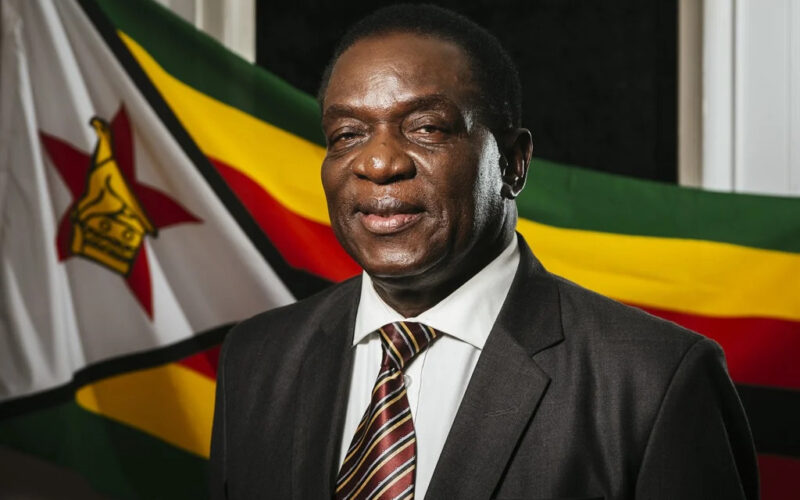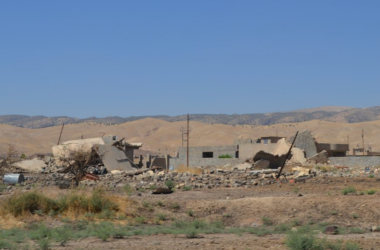In recent years, there has been growing momentum across Africa towards abolishing the death penalty, with several countries making significant strides in this direction. This trend reflects a broader global movement advocating for the elimination of capital punishment.
One notable example is Zimbabwe, where President Emmerson Mnangagwa’s administration has proposed the abolition of the death penalty. Mnangagwa himself, who had faced the threat of execution in his youth, has long been opposed to the practice, citing its cruelty and inhumanity. The move to abolish the death penalty in Zimbabwe has garnered widespread support and is expected to be approved by parliament in the near future.
Zimbabwe would join a growing list of African nations that have recently abolished or restricted the use of the death penalty. Countries like Ghana, Sierra Leone, and the Central African Republic have all taken steps to either abolish the punishment entirely or limit its application. Additionally, many African countries that still retain the death penalty have not carried out executions in years, reflecting a de facto moratorium on the practice.
Campaigners for abolition see Africa as a potential leader in the global effort to end capital punishment. Bronwyn Dudley of the World Coalition Against the Death Penalty notes that a significant number of African countries have already abolished the death penalty in law or are observing moratoriums on executions. This trend suggests that Africa could become the next continent to embrace abolition.
The push for abolition in Africa is driven by a variety of factors. Many countries view the death penalty as a relic of colonialism, imposed on them by foreign powers. Others see abolition as a way to improve their international standing and relations with global institutions. Furthermore, there is growing recognition of the inherent flaws in the justice system that lead to wrongful convictions, particularly among marginalized populations.
Cases like that of Ishmail Gome in Malawi highlight the potential for miscarriages of justice in death penalty cases. Gome spent 12 years on death row after being wrongly convicted of murder, underscoring the need for safeguards against wrongful convictions.
While some countries in Africa continue to carry out executions, the overall trend is towards abolition. As more countries join the ranks of abolitionist nations, pressure mounts on those that still retain the death penalty. Legal challenges and international advocacy efforts have played a crucial role in advancing the cause of abolition across the continent.
In the broader context of global efforts to end the death penalty, Africa’s progress towards abolition is a significant development. With continued momentum and advocacy, the continent may indeed become a beacon of hope in the fight against capital punishment.








